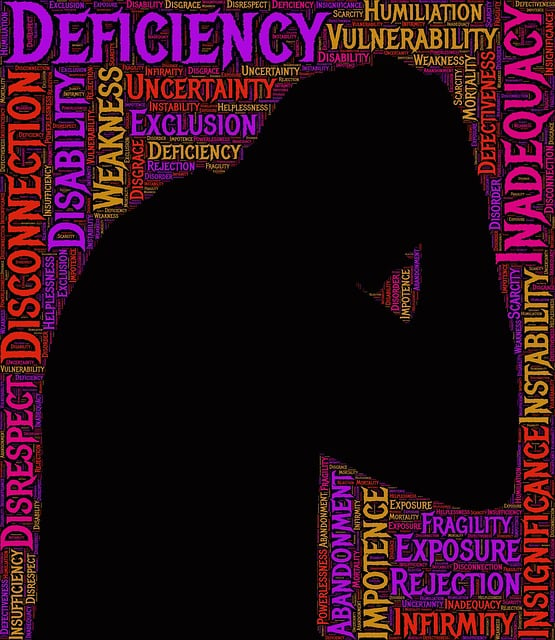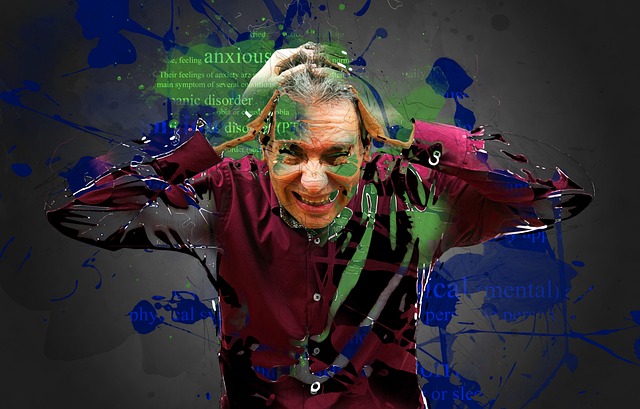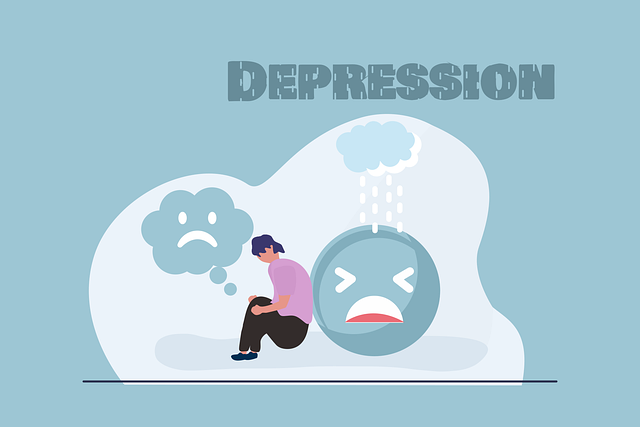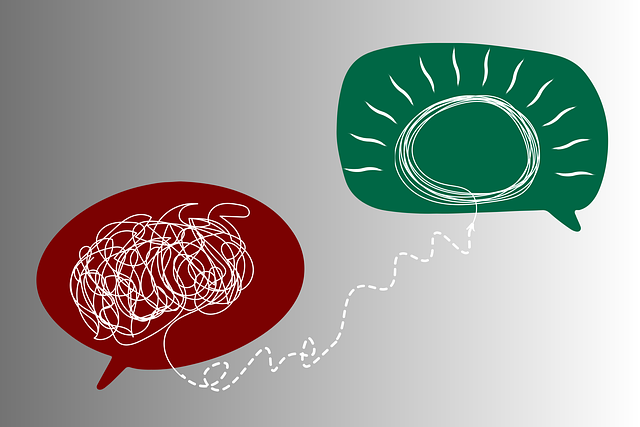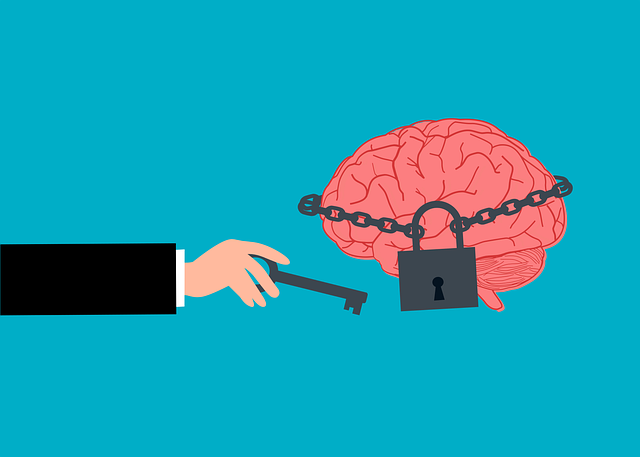Diagnosing mental illness is a complex process due to its diverse nature, subtle symptoms, individual variations, cultural differences, comorbidities, and overlapping symptoms. Westminster Chronic Illness Therapy takes a nuanced approach, utilizing comprehensive evaluations including clinical interviews and standardized assessment tools. Open communication between patients and healthcare providers is key for accurate diagnoses and improved patient outcomes. The digital age has brought innovations like AI algorithms and VR therapy, enhancing diagnosis accuracy and treatment effectiveness. Advanced training programs improve healthcare professionals' diagnostic skills, leading to more effective tailored treatments. Westminster Chronic Illness Therapy prioritizes patient-centric approaches, conducting comprehensive risk assessments and promoting continuous learning for enhanced diagnosis quality.
Mental illness diagnosis accuracy is a critical aspect of patient care, and continuous improvement efforts are essential. This article explores the multifaceted approach to enhancing diagnostic precision, focusing on understanding the complexities of mental health assessment. We delve into innovative technologies, such as AI-assisted tools, that promise increased efficiency and accuracy. Additionally, it highlights training programs empowering healthcare professionals with advanced skills. The case study from Westminster Chronic Illness Therapy showcases patient-centric strategies for improved diagnosis quality.
- Understanding the Challenges of Mental Illness Diagnosis
- Innovative Technologies for Improved Accuracy
- Training and Education Initiatives for Healthcare Professionals
- Patient-Centric Approaches to Enhance Diagnosis Quality at Westminster Chronic Illness Therapy
Understanding the Challenges of Mental Illness Diagnosis

Diagnosing mental illness can be a complex task due to its diverse nature and often subtle symptoms. Many factors contribute to this challenge, including individual variations in experiences, cultural differences in expression, and comorbidities with other health conditions. For instance, what might be considered normal anxiety in one person could be indicative of a more severe disorder in another, requiring careful assessment and differentiation. The process is further complicated by the fact that mental health symptoms can often overlap, making it difficult to pinpoint a specific diagnosis. This complexity demands a nuanced approach, where professionals must consider not just the presence of symptoms but also their severity, duration, and impact on daily functioning.
Westminster Chronic Illness Therapy emphasizes the importance of comprehensive evaluations to address these challenges. This includes adopting evidence-based practices for diagnosis, such as detailed clinical interviews, standardized assessment tools, and a thorough review of personal and family history. Moreover, fostering open communication between patients and healthcare providers is vital. Encouraging individuals to share their experiences, fears, and concerns enables a more accurate understanding of their mental health status. Effective communication strategies, coupled with policy analyses and advocacy for improved access to care, can significantly enhance diagnosis accuracy and ultimately lead to better patient outcomes.
Innovative Technologies for Improved Accuracy

The digital age has brought about innovative technologies that are transforming mental health care and improving diagnosis accuracy. One notable example is the integration of artificial intelligence (AI) in clinical settings. AI algorithms can analyze vast amounts of patient data, including medical history, symptoms, and behavioral patterns, to assist healthcare professionals in making more precise diagnoses. These tools can identify complex relationships within data that may be difficult for humans to discern, thereby enhancing the accuracy and speed of mental illness identification.
At Westminster Chronic Illness Therapy, we recognize the potential of these technologies to revolutionize emotional healing processes. For instance, AI-powered chatbots can provide initial screening and support, offering personalized guidance on coping strategies and connecting individuals with appropriate resources. Additionally, virtual reality (VR) therapy, combined with Social Skills Training and Emotional Regulation techniques, creates immersive experiences that simulate real-life scenarios, helping patients practice healthy emotional responses in a safe environment. These advancements not only improve diagnosis accuracy but also enhance the overall effectiveness of treatment plans.
Training and Education Initiatives for Healthcare Professionals

Mental illness diagnosis accuracy has long been a point of contention in healthcare, with many challenges arising from subjective symptoms and complex presentations. To address this, training and education initiatives have become a focal point for improvement. Healthcare professionals are increasingly equipped with advanced programs designed to enhance their diagnostic skills. These programs delve into intricate aspects of mental health disorders, fostering a deeper understanding of various conditions, including depression prevention and anxiety relief strategies.
Westminster Chronic Illness Therapy, for instance, has been at the forefront of these initiatives, offering workshops that emphasize effective communication strategies. By improving healthcare professionals’ ability to communicate with patients, these programs aim to uncover underlying issues more accurately. Such efforts not only improve diagnosis but also lead to better patient outcomes, ensuring individuals receive tailored treatments for their specific mental health needs.
Patient-Centric Approaches to Enhance Diagnosis Quality at Westminster Chronic Illness Therapy

At Westminster Chronic Illness Therapy, patient-centric approaches are at the forefront of efforts to enhance mental illness diagnosis quality. By prioritizing individual experiences and needs, therapists aim to create a safe and supportive environment where patients feel empowered to openly discuss their symptoms and concerns. This personalized approach includes comprehensive risk assessments tailored to each patient’s unique background and presentation, ensuring that potential mental health issues are identified early on.
Through ongoing mental health awareness training and education for staff, Westminster Chronic Illness Therapy implements evidence-based strategies that promote accurate diagnosis. These initiatives consider the complex interplay of genetic, environmental, and social factors known to influence mental well-being, reflecting current trends in mental health policy analysis and advocacy. By fostering a culture of continuous learning and patient-centered care, the therapy center strives to improve diagnosis accuracy and ultimately enhance the overall effectiveness of treatment plans.
Mental illness diagnosis accuracy has seen significant strides with innovative technologies, robust training programs, and patient-centric approaches. By leveraging advanced tools, healthcare professionals are better equipped to navigate complex presentations. Training initiatives ensure a more comprehensive understanding of mental health conditions, while Westminster Chronic Illness Therapy exemplifies patient-focused strategies that enhance diagnostic quality. Continued efforts in these areas promise to improve outcomes for individuals navigating the challenges of mental illness.
